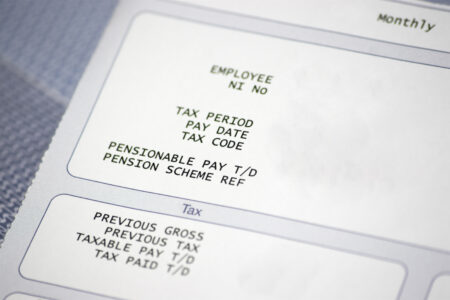Employee Ownership Trusts (EOTs) are well worth consideration for owners looking to sell shares in their company but are often overlooked.
October 2019
First introduced in 2014, Employee Ownership Trusts (EOTs) are designed to increase the number of companies owned by employees. They allow business owners to sell their company or some of their shares tax-free and hand over control to the employees who helped build the business.
This provides business owners with new opportunities for succession planning and a tax-efficient alternative to the traditional exit route of selling the business to a third party.
Alternative exit
Building up a business and eventually selling to a third party has of course long been the ultimate aim for many business owners. This can often be the best way to secure the company’s future and maximise proceeds on disposal. However, the downside can be that the business loses its independence, some or all of its workforce and the unique culture that made it a success in the first place.
For business owners who don’t want to go down this path, and do not have family members to pass the business on to, EOTs are worth investigating.
Under EOT rules, owners can sell some or all of their shareholding in a business to an EOT at an agreed valuation.
Typically, the EOT will pay for those shares either through contributions from the company’s trading profits and/or bank loans secured on the company’s assets.
A key feature of EOTs for owners to consider is that the sale price is not generally all paid upfront, instead some part of it being repaid through the company’s trading profits in the years that follow.
There’s certainly evidence that EOTs are finding favour with UK entrepreneurs: Aardman Animation, the studio behind Wallace and Gromit, is one of the estimated 250 companies to have transferred control to EOTs in the past five years.
What are the benefits?
Selling a business to an EOT has advantages for both the business owner and its employees.
For the owner, sale of a controlling number of company shares to an EOT is free of capital gains tax. However, as with all share transfers over a certain value, stamp duty is payable on the transfer of shares. This is especially attractive to owners who don’t qualify for entrepreneurs’ relief and who might otherwise expect to pay 20% capital gains tax on the sale of the business.
Providing a controlling share is sold to the EOT, not all shareholders have to sell their shares and owner/directors can remain in situ post-sale, continuing to receive marketcompetitive remuneration packages.
For employees, one of the main benefits of EOTs is that their shares in the company can be paid for from profits the company generates over a number of years, meaning they can buy the business without the burden of personal debt. Employees will also avoid the upheaval that often follows a business sale. Employee ownership is generally considered to lead to greater commitment to the business, with increased staff loyalty and lower staff turnover.
One possible hurdle is that an EOT may need to borrow some money to fund the purchase. However, lenders are becoming increasingly familiar with this approach.
And, of course, selling to an EOT is no guarantee that a company will succeed. Employee management brings changes that may require significant readjustment and EOT companies still need investment to fund working capital and growth.
But by providing an alternative exit option for business owners and a potential path towards full employee ownership, in the right circumstances, EOTs are certainly worth considering.
Further details of the tax benefits of EOTs are available at https://tinyurl.com/y2xrymb6
If you want to discuss EOTs or other exit planning strategies, please get in touch with your usual Shipleys contact.
Specific advice should be obtained before taking action, or refraining from taking action, in relation to this summary, if you would like advice or further information, please speak to your usual Shipleys contact.
Copyright © Shipleys LLP 2019










